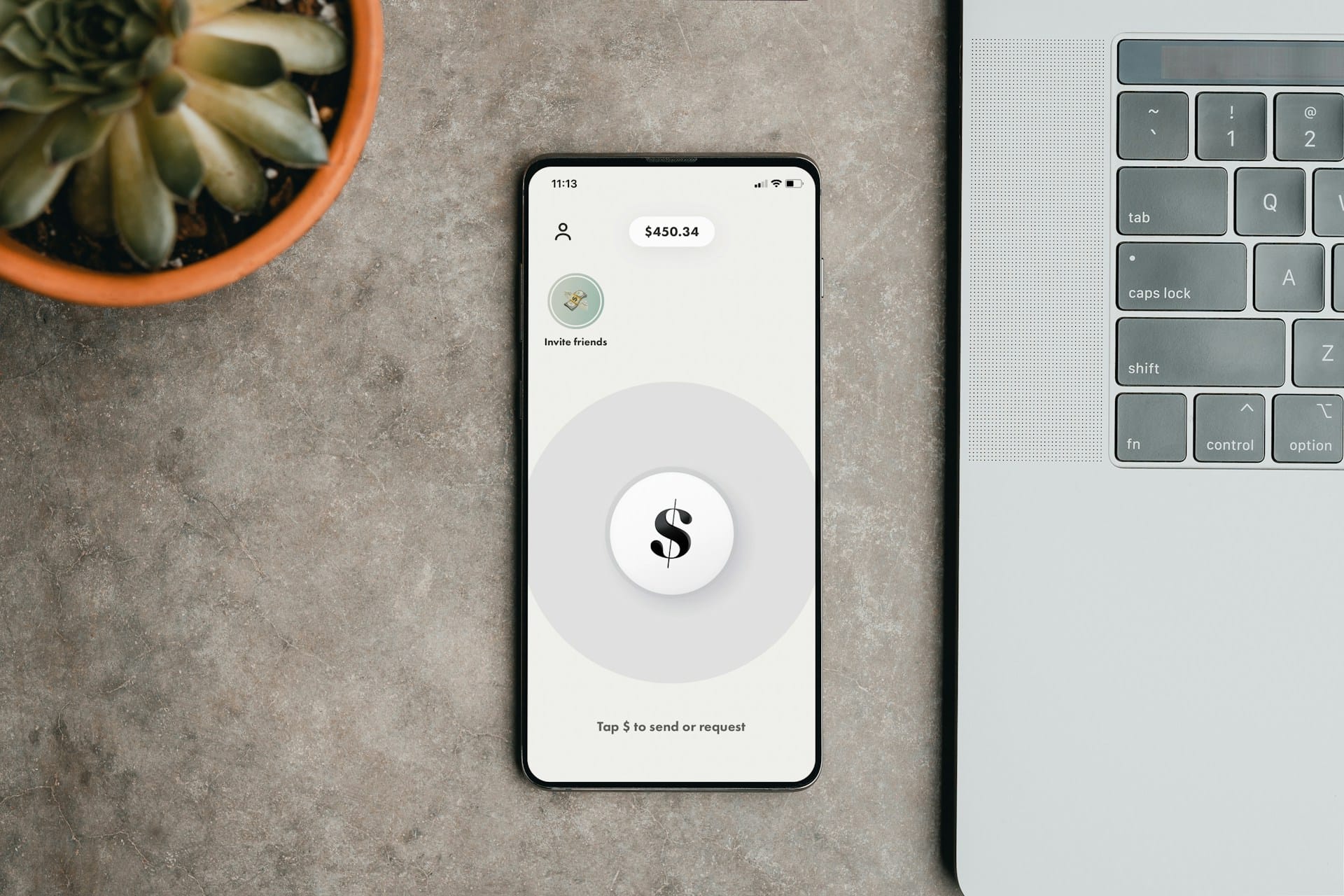As we have previously mentioned, being a freelancer entails several benefits but takes huge leaps of faith, as well. One of the risks commonly encountered is financial insecurity; either this means lacking a budgeting plan or collecting payments from customers. It is not easy to figure out early on how to budget your money and even save for retirement as a freelancer.
In a perfect world, you would get paid as soon as you delivered a project but this is not the case most of the time. Payments tend to arrive late and, in the meantime, you should be able to sustain yourself and your business; even thrive.
We know it’s a struggling process trying to balance a fluctuating income with regular expenses and this is the reason why this article was written. We are going to present to you some ways you can take charge of your money, by setting up a financial compass that is possible to follow and help you with your freelance money and income management.
How to make a budget with an irregular income
The first thing you should do is to be more mindful of your net income. You have to pin down your monthly expenses and revenue. You need to lay down your budgeting and break it into pieces so it is clear and easy to follow. Elorus is a platform that will definitely help you in that direction. You can keep records of your freelance earnings, sales, and purchases invoices, and obtain detailed reporting on cash flows per period, client, and many more parameters.
The bottom line is that you will have an overall view of your business’s performance and decide your next steps.
Invoicing and billing applications, just like Elorus, give you the benefit of receiving payments online from your customers. This is a way to minimize your income fluctuation and decrease managerial costs at the same time. A financial tool like Elorus will also help you keep track of taxes, and obligations and give access to your accountant so that you don’t have to exchange phone calls and documents. Your data will provide you with valuable insights. You will find out how proactive you should be to save for taxes and discover the best financial planning practices and retirement investments for your self–employed carrier.
Time tracking & Invoicing software for freelancers
A savings account is a must
A source of additional stress can be lessened if you keep an amount of cash, as a safety net, since your income can be quite unstable, at least at first. As a freelancer, you may enjoy your freedom but dependable finances are not an option at all; especially in today’s economic landscape.
Under these circumstances, it would be wise to create a separate account of savings where you keep money that could sustain you for at least 4 to 6 months in case things get rough.
One of the greatest freelance budget suggestions to accumulate a certain amount at first is to make a standard deposit every end of the month that will cover a ~10% of your monthly revenues. You can see how that goes and readjust it from time to time; however, try to save whatever you can. You want to keep it steady and raise it in case a surplus occurs. Keep in mind that this money can be available only in emergencies, so lock it away in a time deposit account if you feel you will get impulsive.
Don’t forget your paycheck
Being responsible with obligations towards others is every freelancer’s “Everest”, bearing in mind all the above-mentioned liquidity challenges. However, this doesn’t mean that you two don’t need money to get by.
It may seem logical, but most get swamped in an ocean of looming bills and forget that there must remain an amount for their personal expenses.
By all means, we do not encourage you to let other responsibilities slide. We do however suggest you pay yourself first and this is something that financial experts advise, too. At this point, the concept of separate bank accounts comes as a necessity. Keep your personal budget in a separate account from your firm’s finances. This way you get to have a clearer image of your professional performance and your individual financial state as well. Remember that this is a “communicating vessels” situation; your business finances will eventually boost or delete your personal account.
Final thoughts
Financial planning is on nobody’s Favorite-Things-to-Do list. It requires time, energy, and concrete realization of facts that are not easy to digest. You need to be conservative and cautious at first; taking into account the huge risk involved in being a freelancer. One thing is for sure: the sooner you outline a budget plan the better your performance will become. Moreover, your finances will gain flexibility, allowing you to allocate your budget optimally. You get to create a “financial cushion” for unstable times and even gather an amount for further investing in your own business. Remember, your financial plan is of little significance if you don’t use the fruit of your labor as a strengthening factor for your overall financial health.






